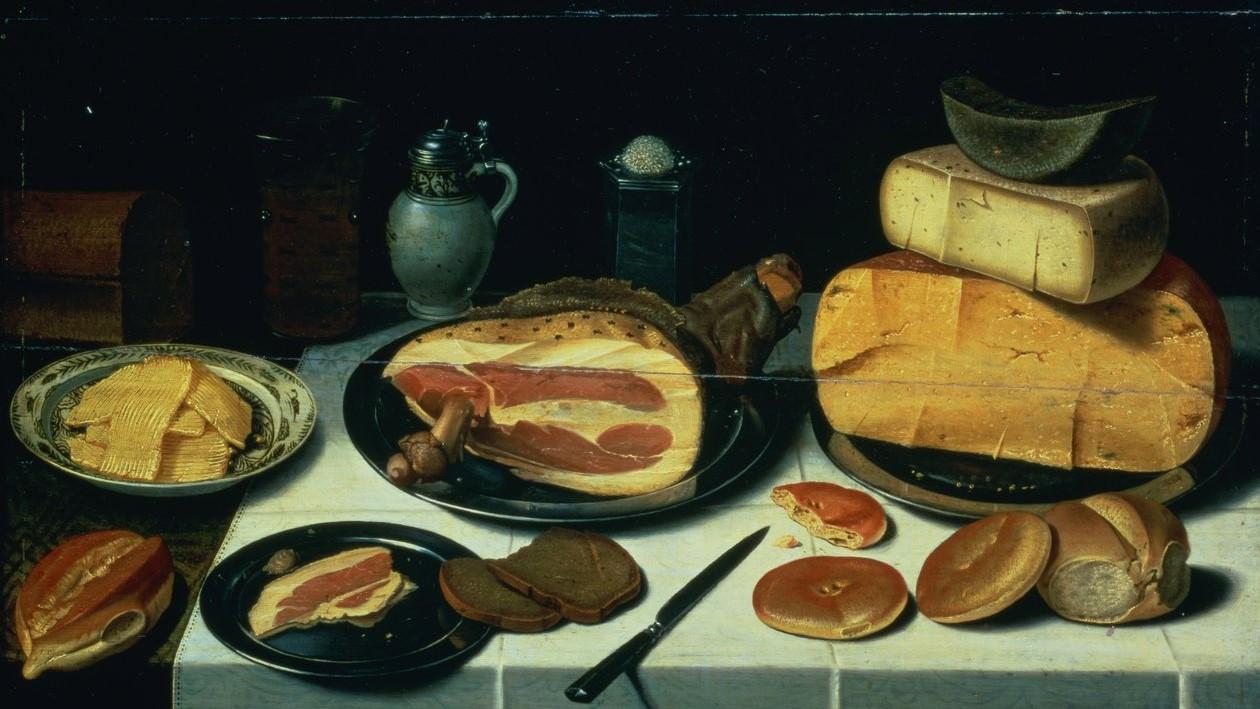
Two 17th century paintings looted by the Nazis and kept at the Louvre in Paris after the war have finally been returned to their Jewish owners, who then donated them back to the museum.
Several of the 48 descendants of the Javal family gathered at the Louvre on June 4 to see "Still-Life with Ham" by Floris van Schooten and "Food, Fruit and Glass on a Table" by Peter Binoit rehung alongside items detailing the family's experience under the Nazis.
It is a "duty of memory towards my family, looted from and persecuted, whose history speaks to current generations", said one of them, Marion, who did not want to give her full name.
Five members of the family were deported from France during the war and murdered at Auschwitz, while others fought in the Resistance or went into hiding.
The paintings were for decades part of the Louvre's Nordic painting collection, held under the "National Museum Recuperation" programme for stolen works whose owners are unknown.
The government called on genealogy experts way back in 2015 to look into a small number of items in these collections, part of a broader movement in French museums to hunt down rightful owners.
The experts traced the paintings back to a mansion in central Paris owned by Mathilde Javal that was seized and emptied by the Nazis in 1944.
She had put in a restitution request after the war, but some simple errors in the spelling of her name and address undermined the process, according to the Louvre.
The museum's director Laurence Des Cars told AFP the case was "a commitment to transmitting memory and a constant reminder to action."
Around 100,000 cultural items were looted or sold under duress in France during the Nazi occupation of 1940-45, mainly from Jewish families with many transferred to Germany.
Around 60,000 works came back to France after the war, of which 45,000 were returned to their owners by a special commission that operated until 1949.
Of the remaining 15,000, around 13,000 were sold by the state and 2,200 entrusted to museums.
The Louvre remains responsible for 1,610 of these artworks, including 791 paintings.